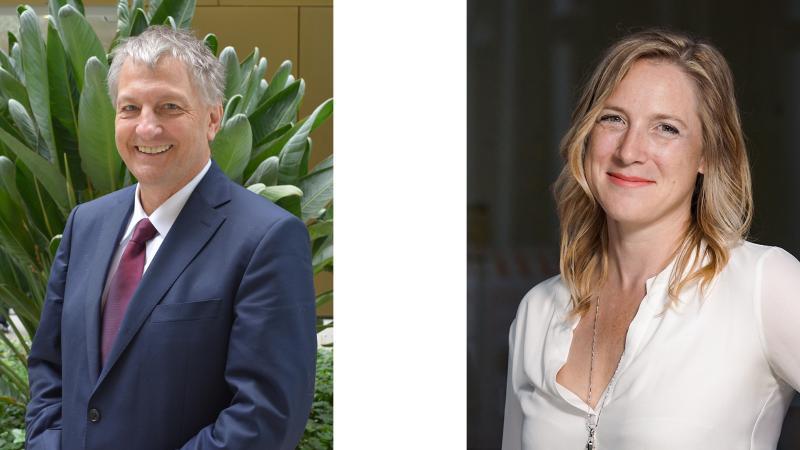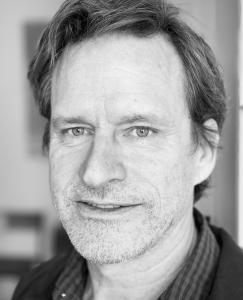German medical device start-up develops a system to simplify and improve treatment of critical patients in intensive care
When Catherine Schreiber wants to explain why the ADVOS multi medical device is revolutionary, she asks her listeners if they remember when the first iPhone was unveiled in 2007. “Wasn’t it magical? And you know why? Because it was the first phone to combine all these devices that we use separately into one device,” she says.
In the case of the ADVOS multi, it is also a matter of saving lives. Anyone who has visited an intensive care unit is familiar with the terrifyingly complex tangle of machinery, beeping screens, tubes, and wires that are used to keep a severely ill patient alive. ADVOS combines three of those machines into one, greatly simplifying the treatment regime.
Approved for use in Europe, ADVOS provides support for liver, lungs, and kidneys — the main organs of detoxification. Normally, a patient in intensive care would need separate machines for each of these organs and further support for maintaining the acid balance and detoxification of the blood.
“In the intensive care unit, the main cause of death is multi-organ failure”, Catherine says, adding that it’s the cause of 60 per cent of the deaths there. In clinical studies, the ADVOS device was able to improve the survival rate of severely ill patients who normally had a 20 per cent chance for survival to 50 per cent. Another study showed that the ADVOS device benefited COVID-19 patients with its ability to remove carbon dioxide from the blood.
Expanding into new markets
The maker of the ADVOS device is Munich-based ADVITOS, and it was among the finalists in the 2021 Social Innovation Tournament, created by the EIB Institute to promote creative environmental and social entrepreneurship in responseto societal problems. It was one of 15 finalists selected from an outstanding group of 280 candidates in 28 countries. The Social Innovation Tournament recognises and supports the best European social entrepreneurs, promoting and rewarding innovative ideas that have social, ethical or environmental impact.
Catherine is the company’s deputy chief executive. The founder and CEO is Dr Bernhard Kreymann, who invented the therapy in 2005 and eventually left his clinical and academic career to perfect it and lead the company. What started with Dr Kreymann is now a fully certified med-tech company with more than 60 employees. The ADVOS device is in use in 20 German hospitals and one in Austria, added in October.

Dr Bernhard Kreymann - Founder and Chief Executive Officer & Catherine Schreiber - Deputy Chief Executive Officer
While the advantages of the ADVOS multi are easy to explain, the actual process of getting it in use broadly is more complicated.
“Hospitals usually operate under huge budgetary constraints, and there is actually no budget for purchase of capital equipment,” says Martina Petkov, the company manager in charge of strategy and business development. “This is why we employ the pay-per-use business model.”
ADVITOS offers hospitals a fee-per-patient use model and provides the machines to hospitals with around-the-clock customer support. The hospitals are reimbursed by the insurance plans covering the patient.
With 21 hospitals using ADVOS, more than 1,000 patients to date have been treated with the device. The company earned 2.3 million euros in 2020.
ADVITOS is working on expansion into Switzerland, with France, Belgium, and Italy to follow. The company is also in talks with the United States Food and Drug Administration to develop the market entry strategy there. Martina says the company would like to launch its products in the US by 2025.
The company’s in-house research and development team is working on using artificial intelligence to make the device even easier to use, further relieving stress on hospital staff.
Catherine joined the team at ADVITOS in 2006, and her enthusiasm for the project hasn’t wavered. “I was really excited, because I saw that this therapy is really special — we can save people’s lives,” she says. “Our device is highly innovative and meets a medical need in a way no other device can.”
